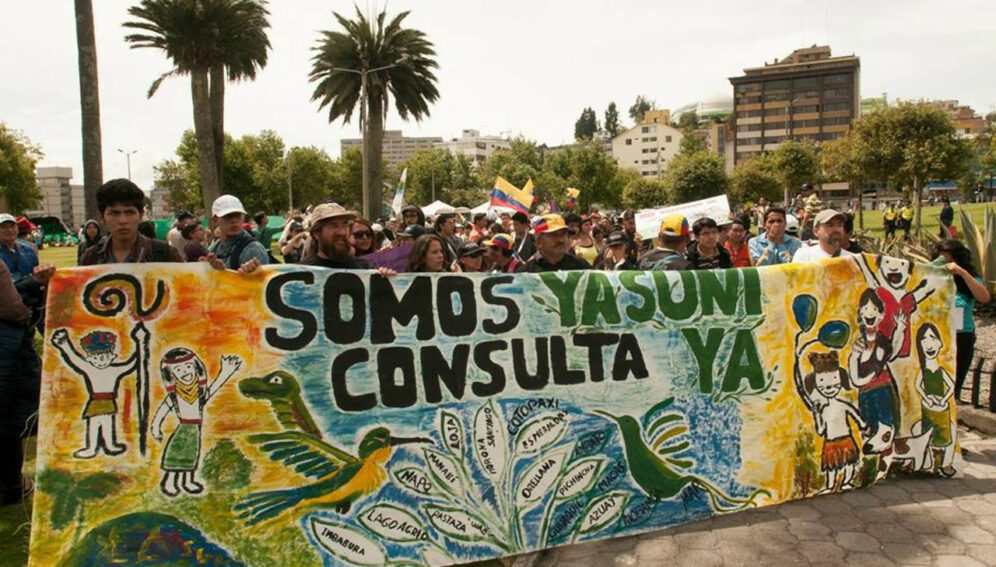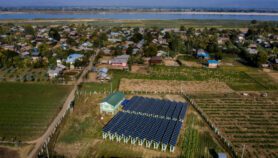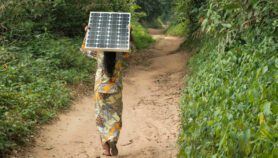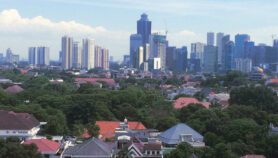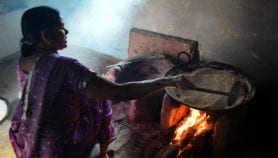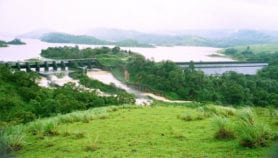By: Aleida Rueda
Send to a friend
The details you provide on this page will not be used to send unsolicited email, and will not be sold to a 3rd party. See privacy policy.
[MEXICO CITY] The results of a landmark poll in Ecuador in which almost 60 per cent voted to stop the development of new oil wells in Yasuní National Park, a protected area of the Amazon rainforest, must be respected, activists urge.
Civil society organisations hailed the result of Sunday’s vote as an historic victory but the Ecuadorian government’s subsequent announcement that it rejected the result casts doubt over its implementation.
The country’s energy and mines minister Fernando Santos Alvite told local media on Wednesday (23 August) that the government would continue oil drilling activities as usual, arguing that, according to the constitution, only people living in the vicinity can decide if any exploitation project can start or stop.
“The experience in Ecuador shows us that we not only have to win the results at the polls, but then we must defend them.”
Pedro Bermeo, spokesman for Yasunidos
The results as they stand, backed by the Constitutional Court, should oblige the Ecuadorian government to prohibit any new oil exploitation contracts in the Ishpingo, Tambococha and Tiputini (ITT) zone, known as Block 43, which produces 55,000 barrels of crude oil a day, and where exploitation began in 2016.
Voluntary isolation
This would imply keeping underground around 726 million barrels of oil in one of the areas with the greatest biodiversity in the world and home to the Waorani people, and the Tagaeri and Taromenane communities, the last remaining in voluntary isolation in the country.
The government would also have to make a progressive and orderly withdrawal of all oil activity in the area in a maximum of 18 months, which means removing the machinery and closing any wells in operation.
According to Ecuador’s National Electoral Council, around 10.4 million people – or over half the population – participated in the vote, which was held alongside presidential elections. Of those, 59 per cent voted in favour of keeping oil in the ground, while 41 per cent voted against.
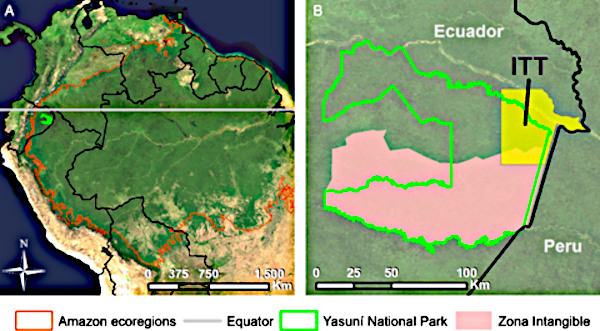
Map showing location of the Yasuni ITT area.
However, in Orellana, the province where the ITT zone is located, 42 per cent were in favour of stopping oil drilling, with 58 percent against. This is the result the government has taken as a basis to reject the overall referendum result.
Activists from Yasunidos, an organisation that fought for ten years to carry out the referendum, published late Tuesday a statement on their social networks describing Alvite’s announcement as “unfortunate” and urging the poll results to be applied.
“In case there are indications that the government or its officials want to violate what we the the Ecuadorian people have voted for, we will immediately request the Constitutional Court to enforce its ruling and to dismiss the officials who intend to jeopardise the constitutional order,” Yasunidos stated.
Yasunidos spokesman Pedro Bermeo told SciDev.Net this was an expected position from the government.
“They have blocked this consultation for ten years, they have not cared about violating the rights of nature and of the isolated peoples, why wouldn’t they do it now that the yes has won?” Bermeo said.
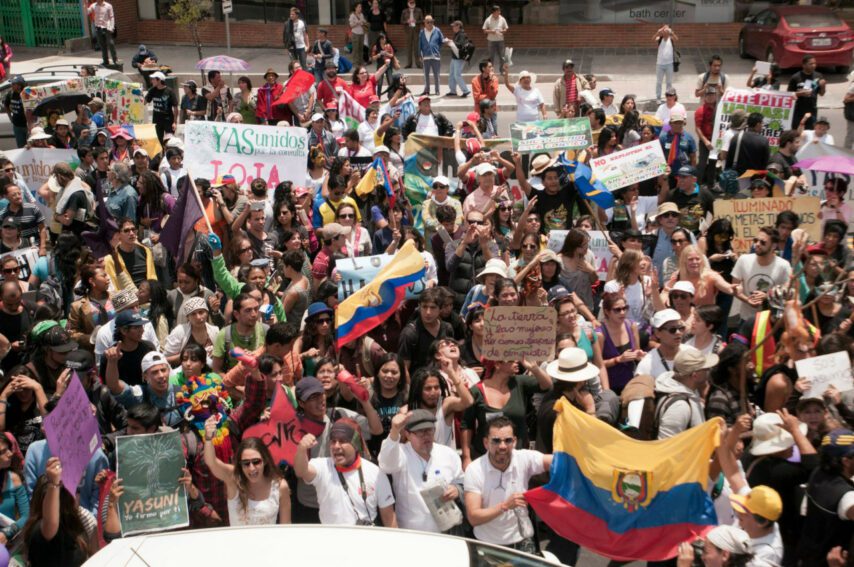


The poll in which the preservation of the Yasuní National Park was decided was held on Sunday, 20 August, together with the presidential elections of Ecuador. Credit: Courtesy of Amazon Frontlines.
The referendum is the result of a decade of struggle by civil society and indigenous groups, who, in 2013, gathered nearly 750,000 signatures to hold the referendum, as a response to the decision by former president Rafael Correa to initiate oil exploitation in Block 43.
That social impetus for the consultation was blocked by successive governments until finally, in May 2023, the Constitutional Court issued a ruling in favour of holding the referendum.
“The experience in Ecuador shows us that we not only have to win the results at the polls, but then we must defend them,” said Bermeo.
For Carlos Larrea, a researcher at the Simon Bolivar Andean University in the country’s capital Quito, the triumph was a result of Yasunidos’s strength and creativity on social media. However, he also expected this kind of reaction from politicians.
The government will find “some legal artifice to violate the law, that is why it is important to keep social mobilisation and a very great political pressure”, he said.
Shot dead
The controversy takes place amid one of the worst political crises and violence in the country’s history. In the days leading up to Sunday’s elections, presidential candidate Fernando Villavicencio was shot dead, as well as a mayor, an aspiring congressman and a local leader of Correa’s movement.
One of the issues that arises from the referendum is the question of environmental remediation.
“There should be a process of reforestation of native trees in the area,” said Bermeo.
“Evidently the biodiversity that existed in those hectares has already been lost, however with a remediation process we can avoid, for example, colonisation or illegal hunting.”
Part of the challenge of carrying out this remediation is the lack of data on the ecological impact that the oil industry has had on the Yasuní reserve.
“It has been an area that has been constantly militarised and access to any kind of independent research has been prohibited,” explained Bermeo.
The area is inhabited mostly by the Waorani, who live from hunting, fishing and agriculture, although there are reports that several of them have migrated in search of work in the oil companies.
In a press conference on Monday (21 August), several representatives of these groups spoke of the ecological disaster caused by oil exploitation in the area, which includes contamination of water and crops by oil spills, as well as intense light and noise pollution.
Civil society will also have to face the onslaught of the oil industry which, during the months prior to the consultation, lobbied voters to approve continued drilling, arguing that a stop would bring great economic losses.
Guillermo Avellán, managing director of the Central Bank of Ecuador, told local media that if the “yes” vote won, there would be losses of almost US$15,000 million in the next 20 years and more than 100,000 jobs would be lost by 2025.
Researchers from School of Economics and the Economic Research Institute of the Pontifical Catholic University of Ecuador stated in a letter published on 16 August that “an economic and opportunity cost analysis is incomplete without the valuation of all the ecosystem services and social implications”.
However, in some Yasuní communities the idea that oil extraction is the only way to development has been strongly promoted.
“We are going to guarantee the rights of the populations that were kidnapped by oil activities and convinced that the only way to have employment, health and education was with oil,” said Esperanza Martínez, representative of the environmental group Acción Ecológica (Ecological Action), in Monday’s press conference.
Defenders of Yasuní National Park will be stepping up the pressure on the two candidates contesting the presidency in a vote on 15 October, Luisa Gonzalez and Daniel Noboa, to respect the referendum result.
This article was produced by SciDev.Net’s Latin America & Caribbean edition.


